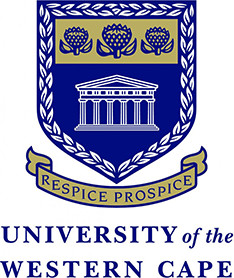Guinea-Bissau
Guinea-Bissau became independent from Portugal on 10 September 1974. Amílcar Cabral, who had been a leading figure in the armed struggle against the Protuguese, was assasinated in 1973. His half-brother Luis Cabral became the first President on independence.
In 1980, a military coup established authoritarian dictator Joao Bernardo 'Nino' Vieira as president. Several coup attempts through the 1980s and early 1990s failed to unseat Vieira.
In 1994 Vieira was elected president in the country's first free elections. A military mutiny and resulting civil war in 1998 eventually led to Vieira's being ousted in May 1999.
In February 2000, a transitional government turned over power to opposition leader Kumba Yala after he was elected president in free elections.
In September 2003, after only three years in office, Yala was ousted by the military in a bloodless coup. Businessman Henrique Rosa was sworn in as interim president.
In 2005, former President Vieira was re-elected president but he was assassinated in March 2009. Malam Bacai Sanha was elected in an emergency election held in June 2009 but passed away in January 2012. The speaker of the National Assembly was appointed interim President.
On 12 April 2012 the military staged a coup, arresting the interim president as well as the former prime minister and presidential frontrunner two weeks before a scheduled second round of presidential elections. The coup has been condemned by ECOWAS.
Elections were eventually held in April and May 2014, in which José Mário Vaz was elected President.
Guinea-Bissau has mixed legal system of civil law, influenced by the early French Civil Code, and customary law.
Guinea-Bissau has a constitution dating from 1984 most recently amended in 1996.


